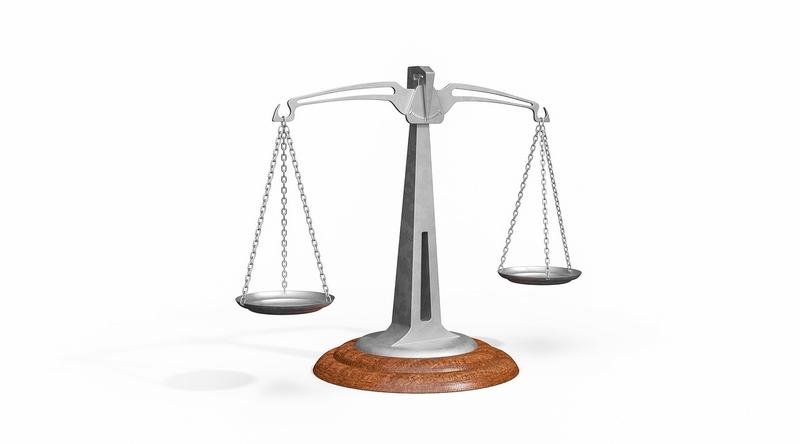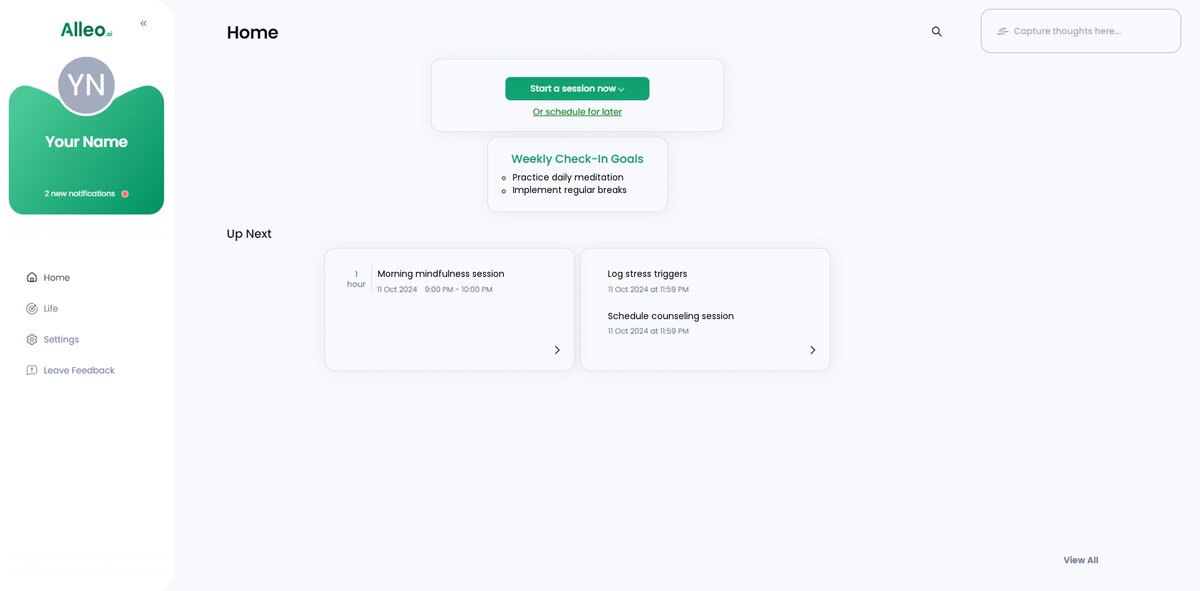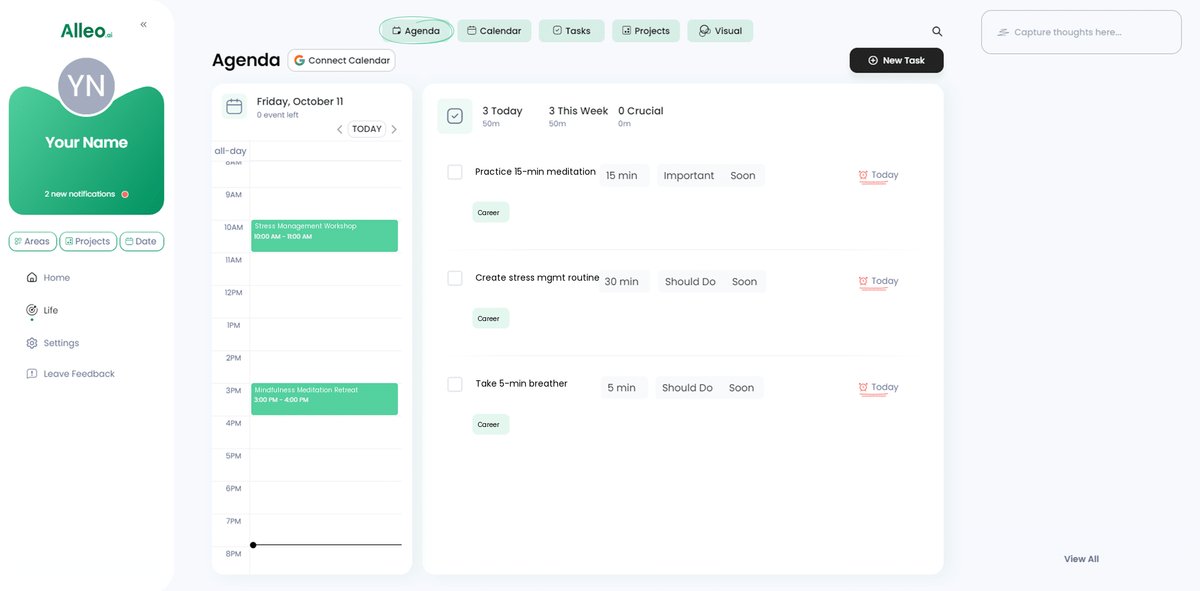7 Powerful Strategies for Lawyers to Manage Stress and Improve Emotional Regulation
Ever feel like your emotions are running the show, especially during high-stakes litigation? You’re not alone. Many lawyers struggle with stress management techniques in their demanding profession.
As a life coach, I’ve helped many legal professionals navigate these challenges. I’ve seen firsthand how managing stress and improving emotional intelligence for legal professionals can transform careers and prevent lawyer burnout.
In this post, you’ll discover actionable lawyer stress management techniques to help you regulate emotions effectively. We’ll cover mindfulness techniques for lawyers, stress reduction methods for law firms, self-care practices for busy lawyers, and more to improve work-life balance for attorneys.
Let’s dive into these coping mechanisms for high-pressure legal environments.

Understanding the Emotional Toll of Litigation
Litigation is inherently high-stress and can severely impact emotional regulation. Many clients initially struggle with managing their emotions in such environments, highlighting the need for effective lawyer stress management techniques.
In my experience, it’s common for legal professionals to face significant stress, leading to burnout and mental health issues in the legal profession. Statistics show that 28% of attorneys struggle with depression, 19% with anxiety, and 23% with stress, emphasizing the importance of lawyer burnout prevention strategies.
Remote work adds another layer of complexity to work-life balance for attorneys. You’re often isolated, making it harder to manage stress without immediate support, which underscores the value of self-care practices for busy lawyers.
This struggle isn’t just an inconvenience—it’s a painful reality that affects both personal well-being and professional performance. Addressing these challenges through stress reduction methods for law firms is essential for a fulfilling legal career and building resilience for legal practitioners.

A Roadmap for Managing Stress and Improving Emotional Regulation
Overcoming this challenge requires a few key steps. Here are the main areas to focus on to make progress with lawyer stress management techniques:
- Practice daily mindfulness meditation: Set aside time each day for mindful reflection, a crucial aspect of legal profession mental health.
- Implement regular breaks for emotional reset: Take short breaks to refresh your mind, aiding in lawyer burnout prevention.
- Develop a personal stress management routine: Create daily habits that reduce stress, enhancing work-life balance for attorneys.
- Cultivate empathy through active listening: Practice listening to understand others better, improving emotional intelligence for legal professionals.
- Learn and apply cognitive reframing techniques: Change negative thoughts into positive ones, a key stress reduction method for law firms.
- Engage in physical exercise to reduce stress: Incorporate regular physical activity into your routine, an essential self-care practice for busy lawyers.
- Seek professional counseling or coaching support: Get help from trained professionals to develop coping mechanisms in high-pressure legal environments.
Let’s dive in!
1: Practice daily mindfulness meditation
Practicing daily mindfulness meditation can significantly improve your emotional regulation amidst the pressures of litigation, making it an essential lawyer stress management technique.
Actionable Steps:
- Set aside 10 minutes each morning for mindfulness meditation as part of your lawyer burnout prevention routine.
- Use a guided meditation app or video to help focus and enhance your legal profession mental health.
- Reflect on your feelings post-meditation in a journal to improve emotional intelligence for legal professionals.
Explanation: Practicing mindfulness meditation daily can help you manage stress and enhance emotional control, crucial for work-life balance for attorneys.
Research shows that mindfulness practices can positively influence attention control and emotional regulation. For more insights, check out this study on mindfulness training.
Taking time to meditate daily helps anchor your emotions and maintain a calm, focused mindset throughout your day, serving as an effective stress reduction method for law firms.

2: Implement regular breaks for emotional reset
Taking regular breaks can significantly help in managing stress and maintaining emotional balance, especially during intense workdays for lawyers. These lawyer stress management techniques are crucial for preventing burnout in the legal profession.
Actionable Steps:
- Schedule short breaks every 90 minutes: Set a timer to remind you to take a break. Step away from your desk for at least five minutes, a key practice for work-life balance for attorneys.
- Use break time for quick relaxation techniques: Practice techniques like deep breathing or stretching to rejuvenate your mind and body, incorporating mindfulness techniques for lawyers.
- Change your environment: Step outside or move to a different room to reset your mind and gain a fresh perspective, an effective stress reduction method for law firms.
Explanation: Implementing regular breaks helps prevent lawyer burnout and keeps your mind refreshed, enhancing time management skills in law practice.
Research indicates that regular breaks can improve productivity and reduce stress. For more insights, check out this resource on stress management.
Regular breaks allow you to manage stress better and maintain emotional equilibrium, promoting emotional intelligence for legal professionals.
Let’s move on to the next strategy.

3: Develop a personal stress management routine
Creating a personal stress management routine is crucial for maintaining emotional balance and mental well-being, especially for lawyers seeking effective lawyer stress management techniques.
Actionable Steps:
- Identify stress triggers and document them: Keep a daily log of situations that cause stress and note your reactions, aiding in lawyer burnout prevention.
- Create a daily routine with stress-relief activities: Include activities like reading, hobbies, or mindfulness techniques for lawyers to unwind after work.
- Set boundaries for work hours: Establish clear start and end times for your workday to ensure a healthy work-life balance for attorneys.
Explanation: Developing a personal stress management routine helps you proactively manage stress and maintain emotional stability, which is essential for legal profession mental health.
Recognizing stress triggers and incorporating relaxing activities can significantly reduce overall stress levels. Setting boundaries ensures that work stress does not spill over into personal time, promoting better time management skills in law practice.
For practical tips on managing stress, consider exploring resources such as the importance of maintaining civility in high-stress environments.
Taking control of your routine empowers you to manage stress and stay emotionally grounded, enhancing your resilience as a legal practitioner.

4: Cultivate empathy through active listening
Cultivating empathy through active listening is vital for managing stress and improving emotional regulation in a legal career, making it a crucial lawyer stress management technique.
Actionable Steps:
- Practice active listening during client meetings: Focus on understanding your clients’ needs and concerns without interrupting, enhancing work-life balance for attorneys.
- Attend workshops on empathy and communication skills: Enhance your ability to connect with others by learning effective listening techniques, contributing to legal profession mental health.
- Engage in role-playing exercises: Simulate client interactions to improve your empathetic responses, a valuable stress reduction method for law firms.
Explanation: Practicing active listening can significantly enhance your empathy and emotional regulation. Research indicates that effective communication skills are crucial for success in high-stress professions, aiding in lawyer burnout prevention.
For more insights, check out this resource on mastering emotional intelligence. By developing empathy, you can better understand and manage your clients’ emotions, leading to more effective and less stressful interactions, which are essential lawyer stress management techniques.
Key benefits of active listening include:
- Improved client relationships
- Reduced misunderstandings and conflicts
- Enhanced emotional intelligence for legal professionals
Empathy helps to build stronger client relationships and reduces misunderstandings, paving the way for a more balanced and fulfilling career. This approach serves as an effective coping mechanism in high-pressure legal environments and contributes to resilience building for legal practitioners.

5: Learn and apply cognitive reframing techniques
Cognitive reframing techniques are essential for shifting negative thought patterns into positive ones, especially in high-stress legal environments. These lawyer stress management techniques are crucial for preventing burnout and maintaining mental health in the legal profession.
Actionable Steps:
- Identify negative thought patterns and reframe them positively: Keep a thought diary to track and challenge irrational thoughts, a key self-care practice for busy lawyers.
- Practice cognitive-behavioral techniques: Use thought exercises like “What evidence supports this thought?” to reframe stress-inducing situations, enhancing resilience building for legal practitioners.
- Focus on what you can control: Redirect your energy from uncontrollable factors to actionable solutions, an essential time management skill in law practice.
Explanation: Utilizing cognitive reframing techniques helps you manage stress by changing how you perceive challenging situations. This is crucial for maintaining emotional regulation and a positive mindset, contributing to work-life balance for attorneys.
For more tips on mastering emotional intelligence, check out this resource on emotional intelligence.
Mastering cognitive reframing empowers you to maintain a balanced perspective during stressful times, a vital coping mechanism in high-pressure legal environments.

6: Engage in physical exercise to reduce stress
Engaging in physical exercise can significantly reduce stress and improve emotional regulation for legal professionals, making it one of the most effective lawyer stress management techniques.
Actionable Steps:
- Incorporate 30 minutes of physical activity daily: Add activities like walking, yoga, or running to your routine to prevent lawyer burnout.
- Try different forms of exercise: Explore various exercises such as strength training, swimming, or cycling to find what works best for your legal profession mental health.
- Join a local fitness class or sports team: Participate in group activities for social interaction and motivation, enhancing work-life balance for attorneys.
Explanation: Regular physical exercise helps manage stress and enhances emotional well-being. Exercise releases endorphins that improve mood and reduce anxiety, serving as an essential stress reduction method for law firms.
For more insights, check out this resource on stress management. Staying active not only boosts physical health but also supports mental resilience, crucial for coping in high-pressure legal environments.
Common benefits of regular exercise include:
- Reduced stress and anxiety
- Improved mood and self-esteem
- Better sleep quality
Physical activity is a vital component in maintaining a balanced and healthy lifestyle, especially in high-stress professions. It’s one of the key self-care practices for busy lawyers and contributes to resilience building for legal practitioners.

7: Seek professional counseling or coaching support
Seeking professional counseling or coaching support is crucial for managing stress and improving emotional regulation in a demanding legal career. This is one of the most effective lawyer stress management techniques available.
Actionable Steps:
- Schedule regular sessions with a therapist: Book appointments with a therapist specializing in stress management and legal profession mental health to gain personalized support.
- Join group therapy or support groups: Engage with peers facing similar challenges to share experiences and strategies for lawyer burnout prevention.
- Consider hiring a personal coach: Work with a coach to set and achieve specific stress management goals tailored to your needs, focusing on work-life balance for attorneys.
Explanation: Seeking professional help provides tailored strategies and emotional support, which are essential in high-stress professions. Therapists and coaches offer valuable insights and coping mechanisms for stress reduction methods in law firms.
For more information on managing stress, consider this resource on lawyer well-being. Utilizing professional support helps you stay emotionally balanced and resilient, enhancing your emotional intelligence as a legal professional.
Key areas a professional can help with:
- Developing personalized coping strategies and time management skills in law practice
- Addressing underlying stress factors and promoting self-care practices for busy lawyers
- Building long-term resilience and mindfulness techniques for lawyers
Taking these steps can significantly enhance your stress management efforts and improve your overall well-being, helping you develop effective coping mechanisms in high-pressure legal environments.

Transform Your Stress Management with Alleo
We’ve explored how to manage stress and regulate emotions in high-stakes litigation. But did you know you can work directly with Alleo to make this journey easier and faster for lawyer stress management techniques?
Setting up an account with Alleo is simple and quick. You’ll start with a personalized plan tailored to your unique stressors and goals, focusing on work-life balance for attorneys and legal profession mental health.
Alleo’s AI coach will guide you through daily mindfulness techniques for lawyers, scheduled breaks, and stress management routines to help with lawyer burnout prevention.
Alleo will follow up on your progress, handle changes, and keep you accountable via text and push notifications. This ensures continuous support and motivation, enhancing your emotional intelligence for legal professionals.
Ready to get started for free? Let me show you how to improve your lawyer stress management techniques!
Step 1: Log In or Create Your Account
To begin your stress management journey, log in to your existing Alleo account or create a new one to access personalized support for managing stress and improving emotional regulation in your legal career.

Step 2: Choose Your Well-being Focus
Select “Improving overall well-being and life satisfaction” as your goal to address the stress and emotional challenges of litigation, setting the foundation for a more balanced and fulfilling legal career.

Step 3: Select “Career” as Your Focus Area
Choose “Career” as your primary focus area to address the unique stressors and emotional challenges of high-stakes litigation, allowing Alleo’s AI coach to provide tailored strategies for improving stress management and emotional regulation in your legal profession.

Step 4: Starting a coaching session
Begin your journey with Alleo by scheduling an intake session, where you’ll discuss your stress management goals and create a personalized plan to improve your emotional regulation in high-stakes litigation environments.

Step 5: Viewing and managing goals after the session
After your coaching session, check the Alleo app’s home page to review and manage the stress management goals you discussed, allowing you to track your progress and stay accountable to your emotional regulation objectives.

Step 6: Adding events to your calendar or app
Use the calendar and task features in Alleo to schedule your stress management activities, such as meditation sessions and breaks, and track your progress in managing litigation-related stress over time.

Wrapping Up: Taking Control of Your Stress
To sum up, managing stress and improving emotional regulation are critical for your well-being as a lawyer. You’ve learned about lawyer stress management techniques including mindfulness meditation, regular breaks, stress management routines, and more.
I know these solutions can transform your career. Implementing these strategies will help you maintain work-life balance for attorneys and enhance your professional performance while preventing lawyer burnout.
Remember, you don’t have to do this alone. With Alleo, you can get personalized support to make this journey smoother and improve your emotional intelligence for legal professionals.
Try Alleo for free and see how it can help you manage stress and improve emotional regulation, essential for legal profession mental health.
Take the first step toward a more balanced and fulfilling legal career today. Embrace these stress reduction methods for law firms and self-care practices for busy lawyers. You’ve got this!